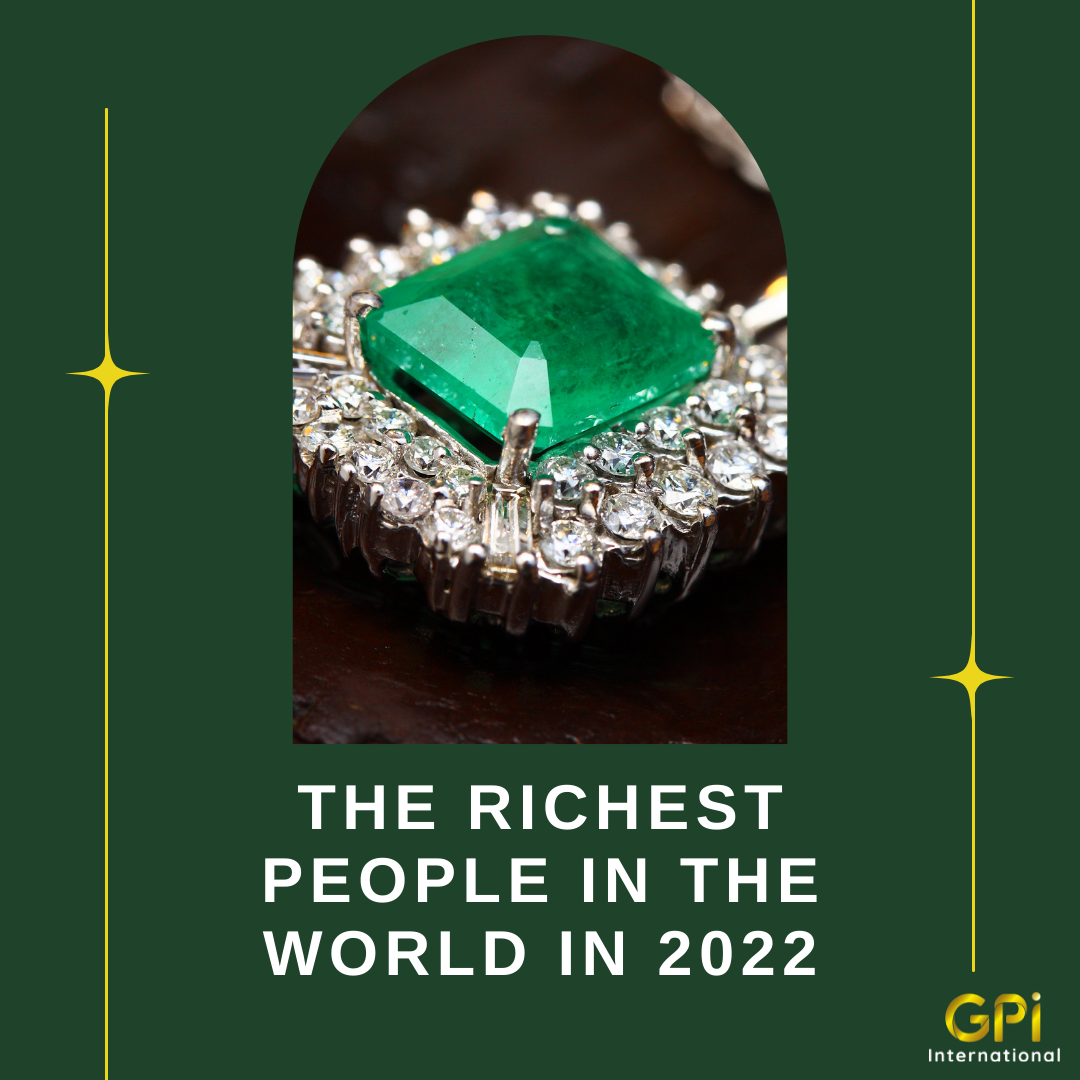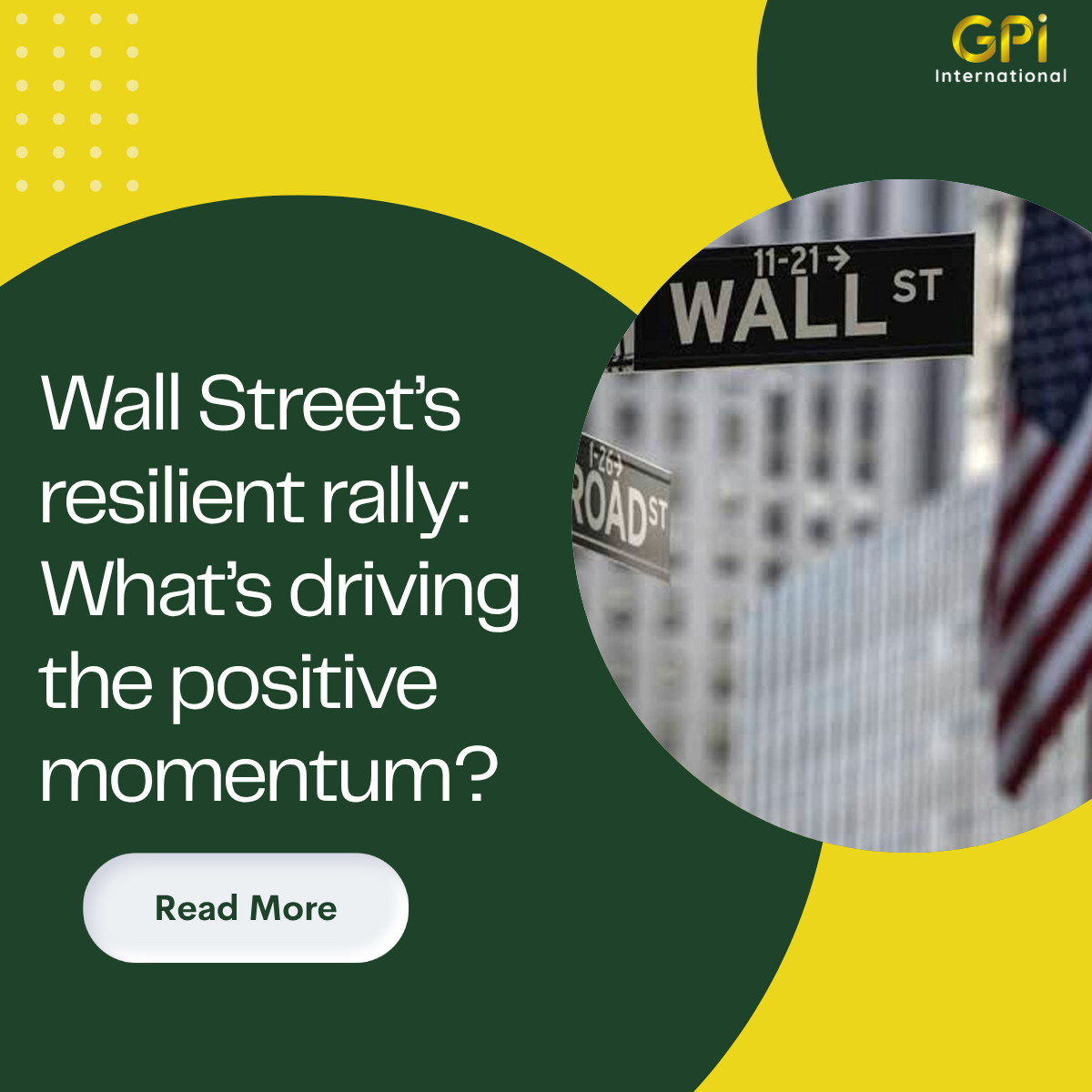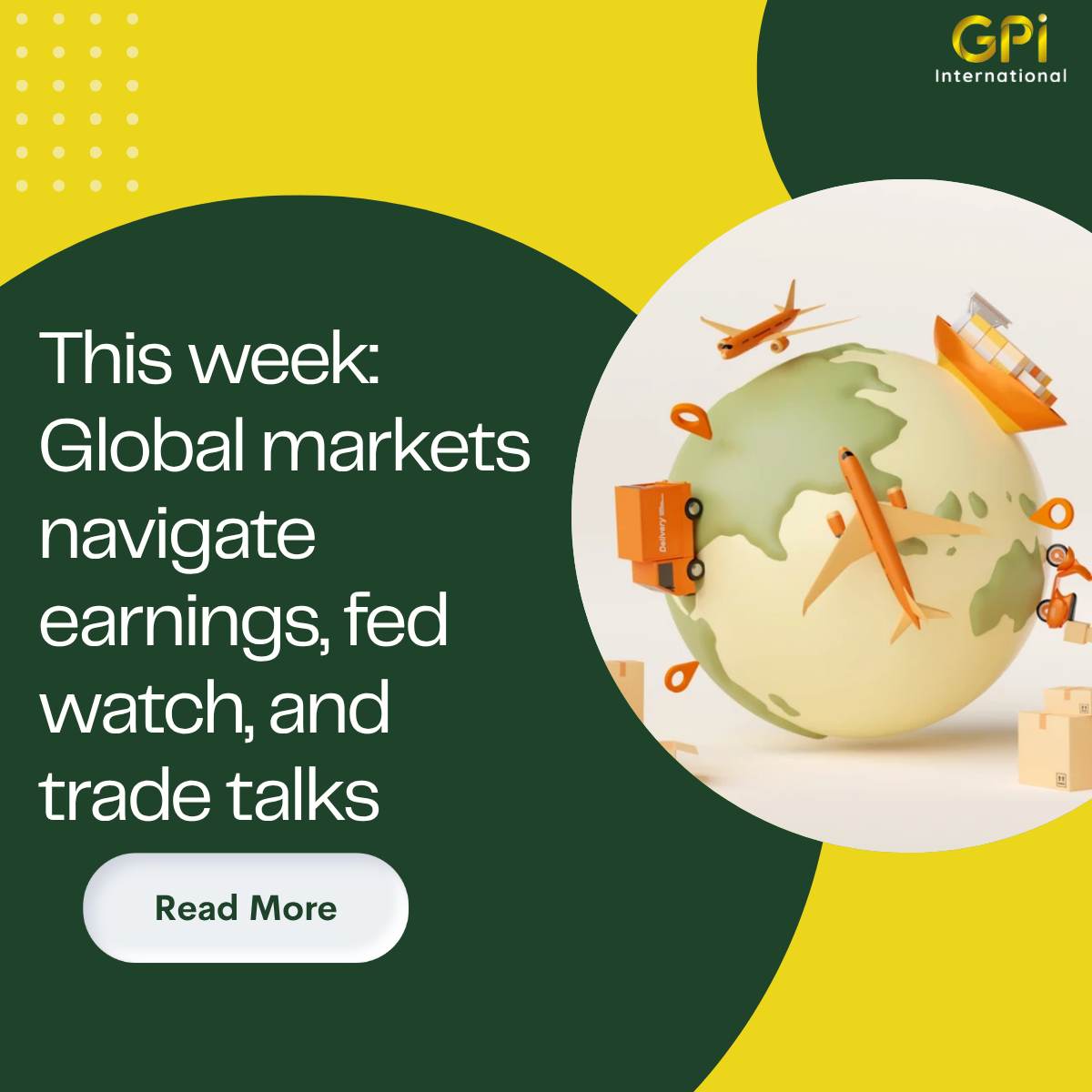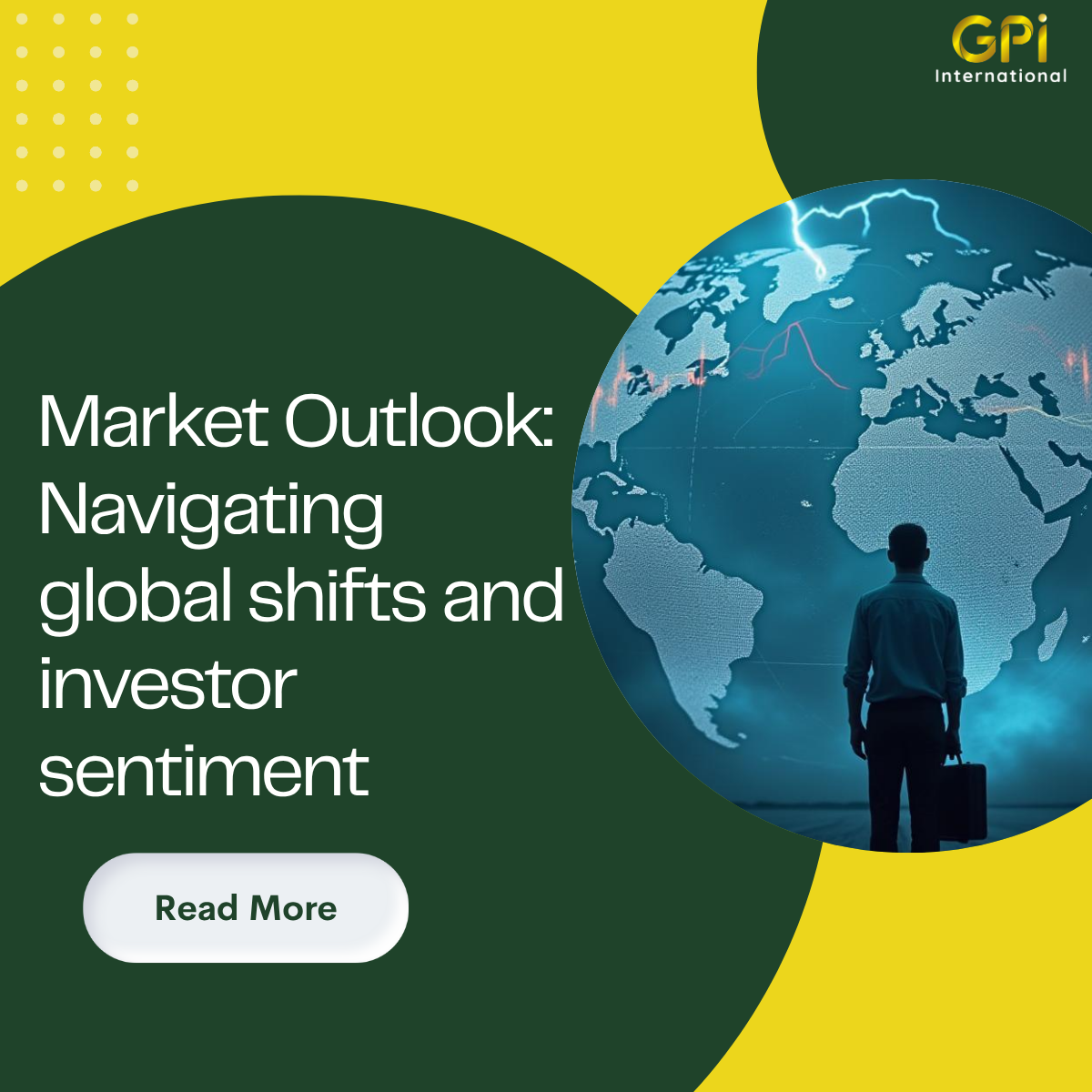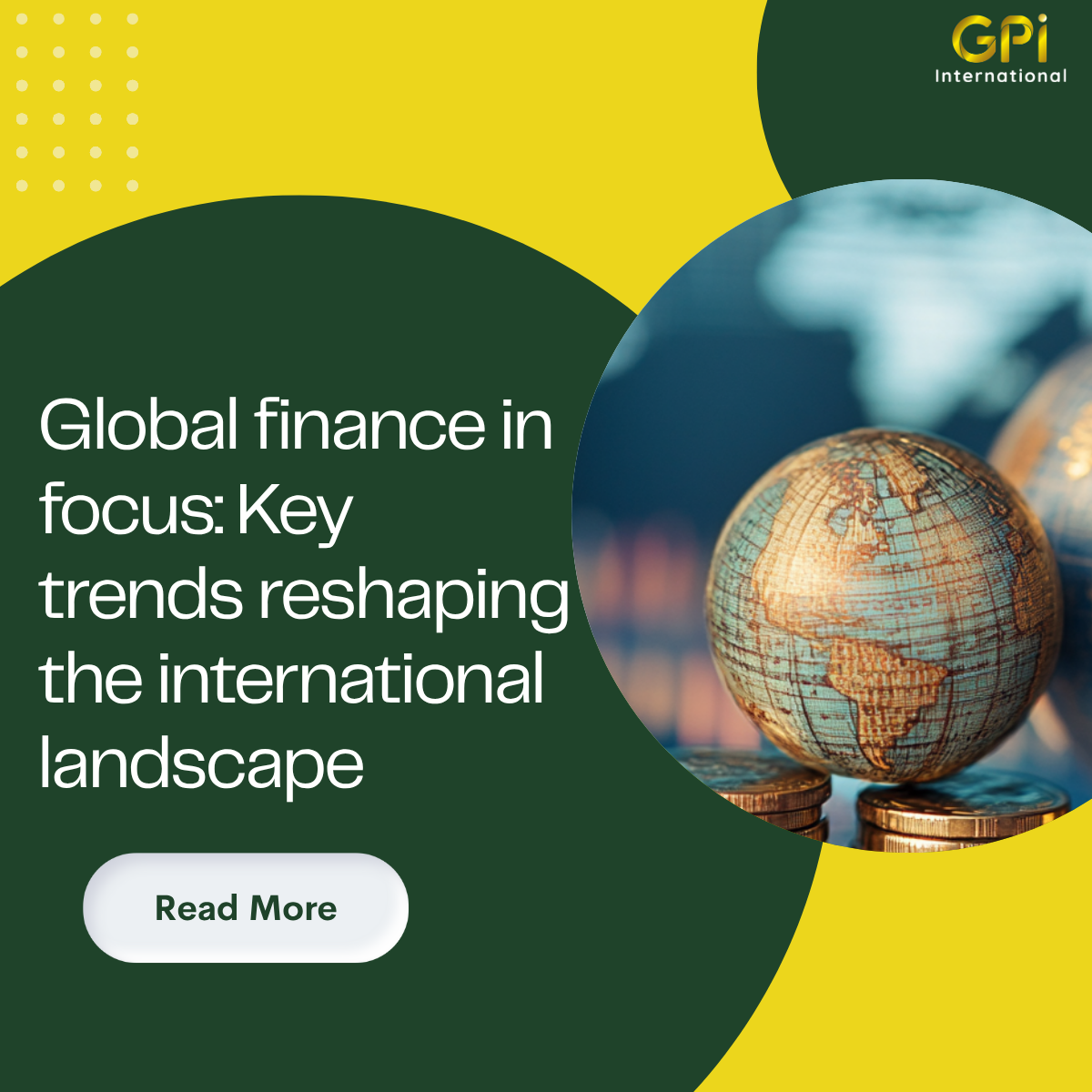The richest people in the world in 2022
Today, the 10 richest people in the world control $1.3 trillion in wealth. This scale of wealth is equal to approximately 1.4% of the world economy, Amazon’s entire market cap, or spending $1 million a day for 3,000 years. In fact, it’s double the amount seen just two years ago ($663 billion). As billionaire wealth accumulates at a remarkable speed, we feature a snapshot of the world’s richest in 2022, based on data from the Forbes Real-Time Billionaires List.
Elon Musk, with a fortune of $212 billion, is the richest person on the planet. Tesla delivered nearly one million vehicles globally in 2021. Despite facing a computer chip shortage, Tesla deliveries rose 87% year-over-year.
With a net worth of $168 billion, Jeff Bezos falls in second place. Bezos is the only billionaire in the top 10 to see a decline in wealth (-$9 billion) over the year. Since last March, Amazon shares have risen just 3% in light of weaker earnings and lagging retail performance.
Most notably, Mark Zuckerberg, CEO of Meta (formerly Facebook) fell off the top 10 for the first time since 2016. Meta shares plunged after reporting the first-ever drop in global daily active users since 2004.
Musk saw his fortune rise more than any other in this top 10 list. In 2021, Tesla became a trillion-dollar company for the first time, and Musk’s wealth jumped by 29% over the past year.
At least 10 people worldwide have seen their wealth climb into the billions thanks to the stratospheric rise of cryptocurrencies.
Sam Bankman-Fried, founder of the FTX crypto derivatives exchange, is at the top, with a jaw-dropping $24 billion net worth. Bankman-Fried launched the exchange in 2019 when he was 27.
Will billionaire wealth continue to accumulate at record rates? If the invasion of Ukraine presses on, it will likely have broader structural outcomes.
Some argue that war is a great leveler, a force that has reduced wealth inequality, as seen in the aftermath of WWII. Others suggest that it increases wealth divergence, especially when the war is financed by public debt. Often, costs have become inflated due to war, putting pressure on low and middle-income households.
Whether or not the war will have lasting effects on wealth distribution is an open question, however, if the pandemic serves as any precedent, the effects will be far from predictable.

